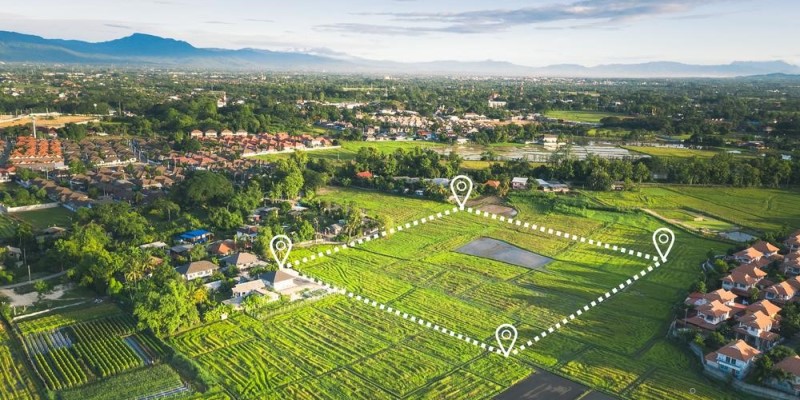
By Anayat Durrani
Companies moving their businesses into rural target employment areas, or TEAs, may reap the benefits of EB-5 capital. The budding trend comes as a result of changes introduced in the EB-5 Reform and Integrity Act of 2022.
“Project companies may be interested in moving to rural locations because the RIA has a new set-aside, now called “reserved visas,” for project investors filing I-526s,” says Michael Harris, immigration lawyer, HarrisLaw, P.A.
A project that is located in a rural TEA qualifies those EB-5 investors for the reduced minimum investment amount of $800,000 and priority processing of Form I-526E. Those investors also qualify for set-aside visas from the rural TEA classification, which makes up 20% of the yearly allocation of EB-5 visas.
Reserved EB-5 visas in the new bill
A notable change in the RIA bill was the creation of reserved visas. Reserved visas help investors hailing from countries with visa backlogs to skip the line in front of other applicants to speed up the process to immigrate.
“There is a huge interest for rural TEA programs, but not a lot of actual movement yet,” says Fredrick W. Voigtmann, Law Office of Fred Voigtmann, P.C. “The clear benefit to a rural set aside will be felt by China-born investors, who would otherwise have to wait for a 2015 priority date.”
Since the reserved visas make up a new category of available immigrant visas, says Voigtmann, “there is no cut-off date, meaning the wait time should be much shorter, particularly for China-born EB-5 investors.”
Harris says what may be more of an attraction to developers is that the RIA provides that USCIS “shall prioritize” I-526s based on investments in rural areas.
“We do not know how USCIS will ‘prioritize’ petitions. But companies may be assuming that it means that USCIS may need to process the petition at a speed similar to that of I-526s which have been given expedited processing,” says Harris.
No backlog on the quota for rural TEA
Companies moving businesses in rural TEAs have advantages for their projects but having no backlog on the quota for rural TEAs is helpful to investors as well.
“The current month’s Visa Bulletin shows there is no backlog for rural TEAs because Congress included a 20% EB-5 immigrant visa number set aside for rural TEA EB-5 projects,” says Voigtmann.
He says any unused visas from the reserved categories in any given year will carry over to the following year.
Sunwook “Sunny” An, partner at WA Law Group, LLC, says they have not yet seen a trend of businesses or projects flocking to rural areas to take advantage of the set-aside.
“However, given the current visa availability per September Visa Bulletin for all investors, including Chinese and Indian nationals, on these new set-asides, there will be more interest from those countries for the projects located in the rural areas, which has a significant set-aside of 20% of EB-5 visas,” says An.
As such, industry stakeholders are anticipating an increased demand for rural projects.
“As EB-5 visa category carries a significant financial outlay from the investors in order to secure the immigrant visas,” says An. “We hope the regional centers and their project partners will take their time and care to develop and offer the lowest risk possible projects to the investors to protect them.”
DISCLAIMER: The views expressed in this article are solely the views of the author and do not necessarily represent the views of the publisher, its employees. or its affiliates. The information found on this website is intended to be general information; it is not legal or financial advice. Specific legal or financial advice can only be given by a licensed professional with full knowledge of all the facts and circumstances of your particular situation. You should seek consultation with legal, immigration, and financial experts prior to participating in the EB-5 program Posting a question on this website does not create an attorney-client relationship. All questions you post will be available to the public; do not include confidential information in your question.








